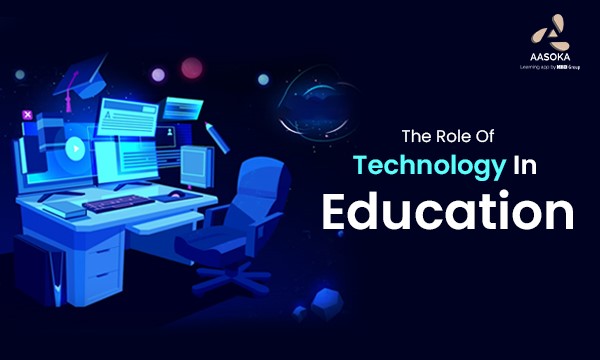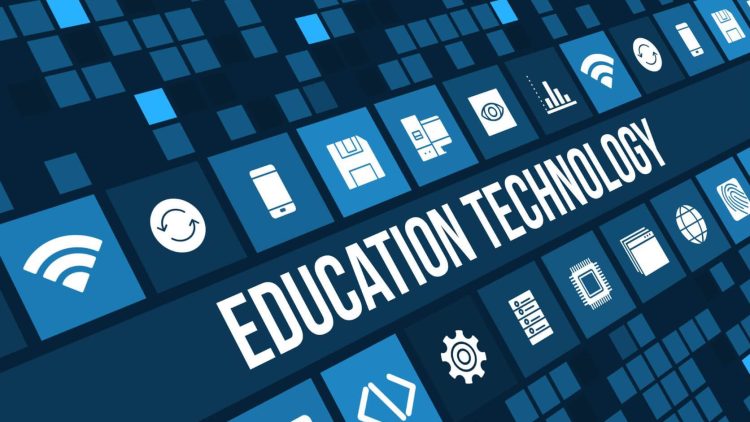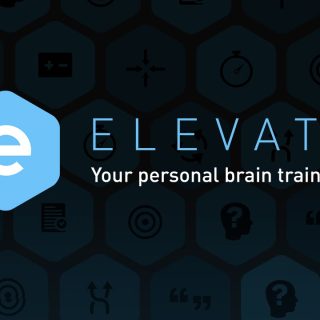Revolutionizing Education Through EdTech: Transforming Learning in the Digital Age
Introduction
In the age of digital innovation, Educational Technology, commonly known as EdTech, has emerged as a powerful force reshaping the landscape of education. EdTech refers to the integration of technology into educational practices to facilitate learning and improve performance. This paradigm shift in education is not merely about using gadgets in classrooms; it represents a holistic transformation of teaching methodologies and learning experiences. This article explores the various facets of EdTech and its profound impact on education.

1. Accessible Learning
One of the primary advantages of EdTech is its ability to provide education to anyone, anywhere. Online courses, virtual classrooms, and e-books have broken down the barriers of geography, making education accessible to individuals in remote areas and underprivileged communities. This democratization of education fosters inclusivity and empowers learners from diverse backgrounds.
2. Personalized Learning
EdTech enables personalized learning experiences tailored to individual student needs. Through adaptive learning platforms and intelligent algorithms, students receive customized content and feedback, enhancing their understanding of complex subjects. This personalized approach ensures that no student is left behind, addressing different learning paces and styles effectively.
3. Interactive and Engaging Content
Traditional teaching methods often struggle to capture the attention of digital-native students. EdTech solutions incorporate interactive simulations, gamified learning modules, and virtual reality experiences that engage students in ways traditional methods cannot. These immersive learning environments promote active participation, critical thinking, and problem-solving skills.

4. Data-Driven Insights
EdTech platforms generate vast amounts of data regarding student performance, engagement, and learning patterns. Educators can leverage this data to gain valuable insights into student progress, identify areas for improvement, and adapt their teaching strategies accordingly. Data-driven decision-making enhances the efficacy of educational interventions, ensuring targeted support for struggling students.
5. Lifelong Learning
In the rapidly evolving job market, continuous learning is essential. EdTech facilitates lifelong learning by offering a plethora of online courses, webinars, and workshops. Professionals can upskill or reskill conveniently, allowing them to stay competitive in their careers. This flexibility in learning opportunities aligns education with the demands of the modern workforce.
6. Collaborative Learning
Collaboration is a vital skill in the 21st century. EdTech platforms facilitate collaborative learning experiences by enabling students to work together on projects, share ideas, and provide feedback in real-time. These collaborative activities prepare students for future workplaces where teamwork and communication are paramount.

Conclusion
Educational Technology has revolutionized the way we learn and teach. Its integration into education has opened new avenues, making learning accessible, engaging, and tailored to individual needs. As EdTech continues to evolve, it is essential for educators, policymakers, and society as a whole to embrace its potential fully. By doing so, we can create a future where high-quality education is not a privilege but a fundamental right for everyone, empowering individuals to achieve their fullest potential and contribute meaningfully to the global community.








